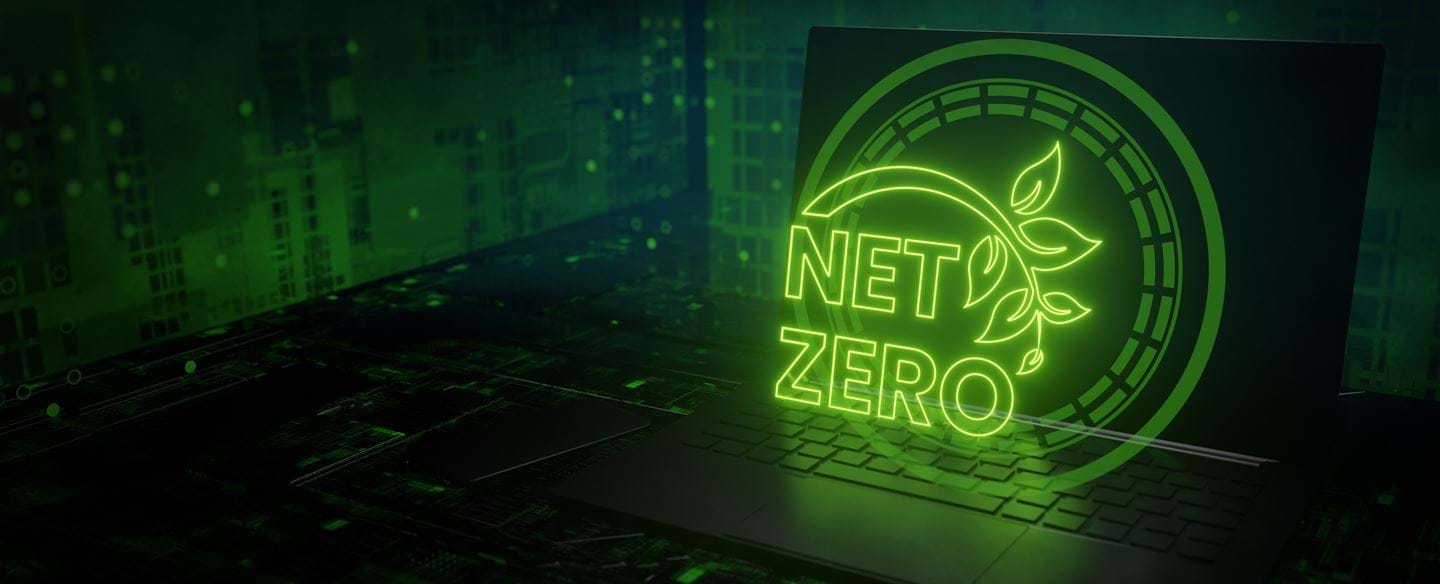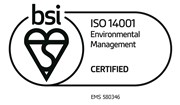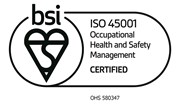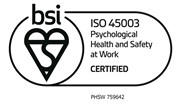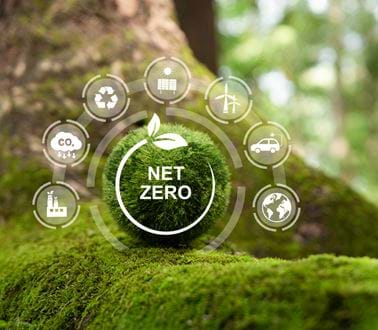
Innovating to protect the planet
Net zero will be attained when the amount of greenhouse gas emitted into the atmosphere is no more than the amount taken away. While there is consensus on the implications of attaining net zero, which is seen as the best way to tackle climate change by reducing global warming, a broader view of attaining net zero extends beyond removal of greenhouse gas (GHG). It must encompass the use of clean, renewable energy, which do not emit GHG. Therefore, achieving net zero should actually be seen as a combination of energy efficiency measures, renewable energy generation, and energy management systems that is underpinned by innovation and technology.
In order to stem the continuation of climate change, net zero energy initiatives are important for governments, large corporations and individuals. But this change isn’t just led by switching over to green tariffs or encouraging employees to pick up environmentally friendly habits – it’s important to consider the role of digital transformation and new technology adoption in the process too.
Key elements for attaining net zero
Key elements towards attaining net zero where new technology adoption and digital transformation are key include:
Energy efficiency: Maximising energy efficiency in buildings, appliances, infrastructure and vehicles and managing how these assets use energy, e.g., smart homes, Electric Vehicles (EV), using the latest technology innovations, such as autonomy, can optimise the use of energy by these assets ensuring optimal efficiency when delivering the required output.
Renewable energy: Adopting renewable energy sources such as generating clean energy from solar farms, windfarms, hydropower plants, geothermal wells, biogas and Hydrogen fuel generation can help to reduce the dependence on fossil fuels and reduce GHG emissions, through the adoption of energy mix strategies. Renewable energy generation is complex and constantly evolving, thereby requiring the implementation of business change strategies to drive the adoption of best practices and innovative technology change inside organisations. The use of digital twins also provides a platform for optimising whole energy generation systems while modelling of distribution channels ensure a seamless introduction of renewable energy into legacy distribution networks taking energy from the point of generation to industrial and domestic consumers.
Additionally, the use of Artificial Intelligence & Machine Learning capabilities help to automate inspection, condition monitoring and insightful operational decision-making for renewable energy companies. Energy storage solutions are also a crucial for the effective utilisation of renewable energy, while reducing dependency on grid-based power. This includes heat storages in the ground and battery energy storage systems (BESS) which are very important to making electricity generated from solar farms a sustainable solution. Battery storage and battery production systems will benefit from intelligent sensor technologies that improve their efficiency and reliability.
Energy management: Effective energy management and monitoring systems can help optimise energy usage, identify opportunities for energy savings, and reduce waste. This can be achieved by building smarter solutions into everyday use of energy and conserving energy use. Smart homes incorporate heat conserving materials, smart lighting systems, and sometimes, off-grid energy generation capabilities from solar panels. Effective energy management requires the digitisation of data from this complex energy ecosystem in a manner that gives energy providers structured data for predictive and analytical purposes in order to ensure continuous and safe delivery.

How Roke can help you
At Roke, we use cutting-edge technology and our expertise to drive innovation in the energy industry. We do this by applying our knowledge of the energy industry and experience of business change strategies to support our clients’ energy transformation projects. Our capabilities in sensing, data science, and autonomy, honed in the defence and national security industries are also used to support our clients’ net zero technology innovations. We’re able to assist with multiple solutions including delivery of DevOps capabilities and rapid development of clean energy workflows, de-risking of new technology development and automated inspection services of clean energy infrastructure to keep technology operational. Roke’s best-in-class capabilities are also deployed to ensure data assurance and cyber resilience in the protection of critical energy infrastructure networks.
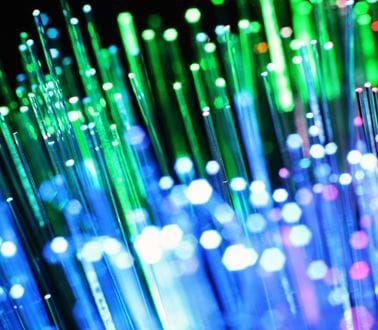
Related news, insights and innovations
Find out more about our cutting-edge expertise.


